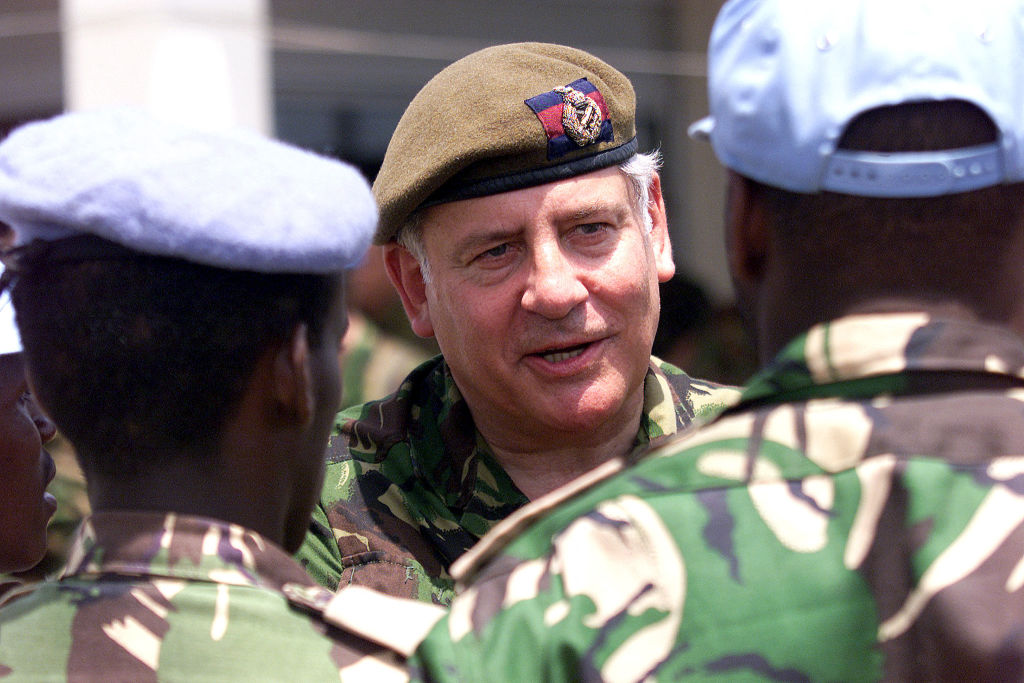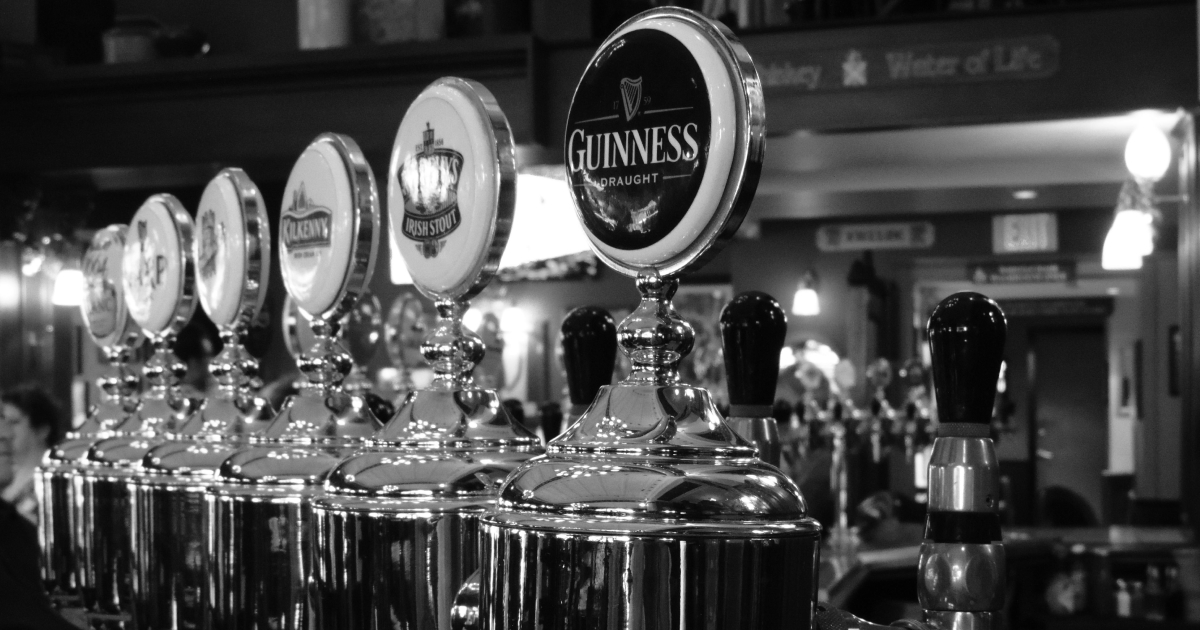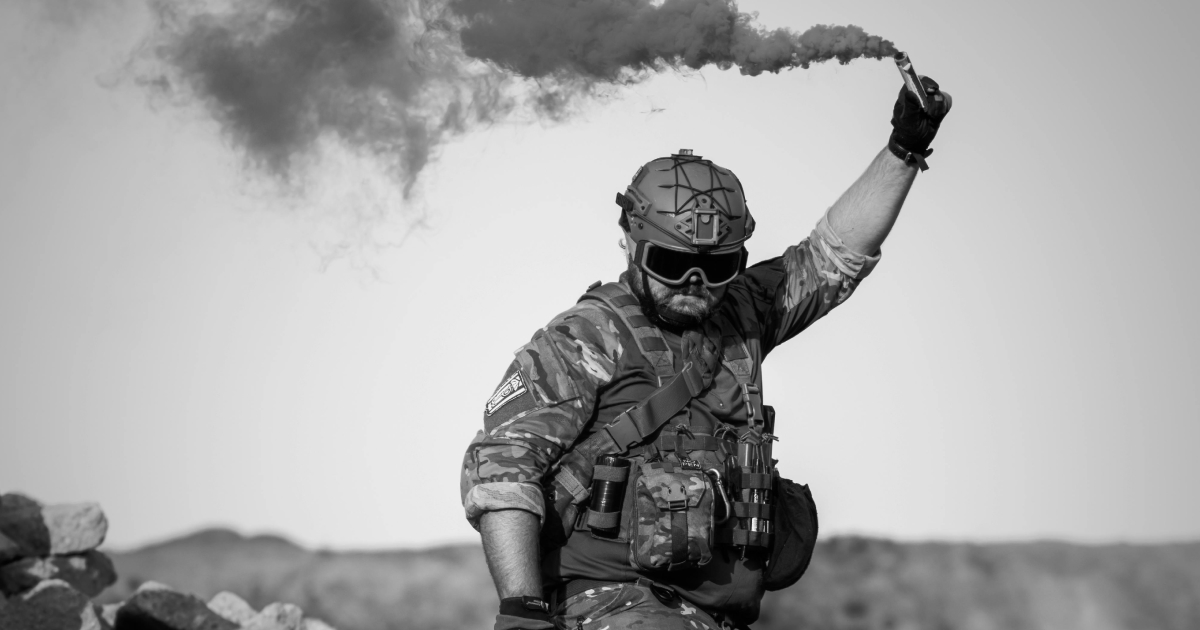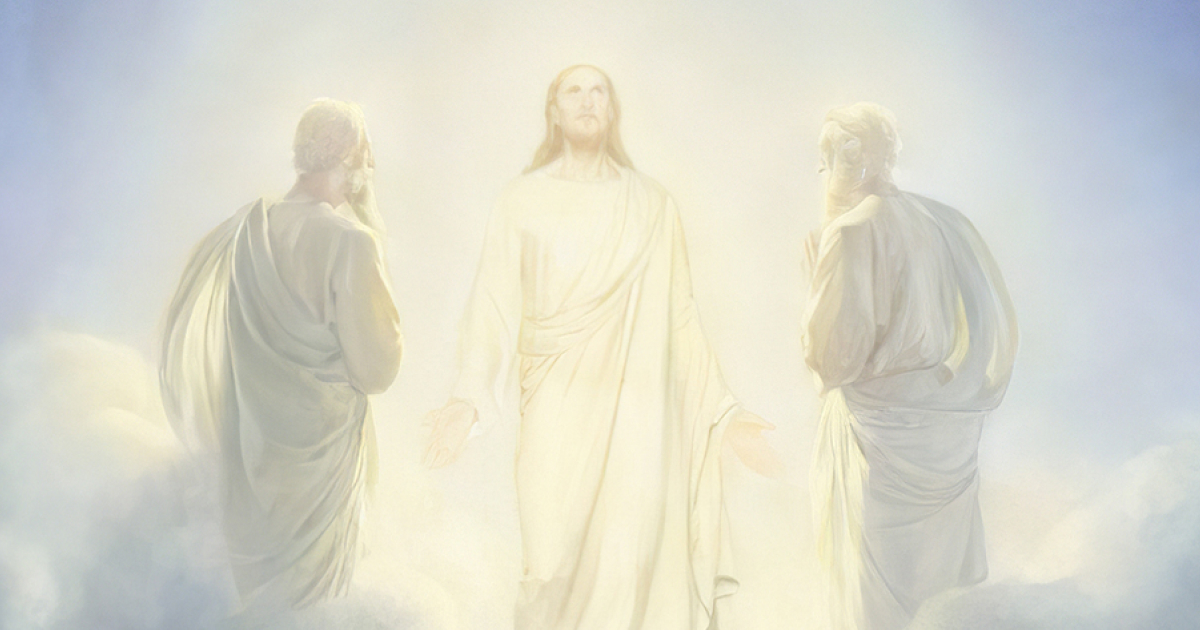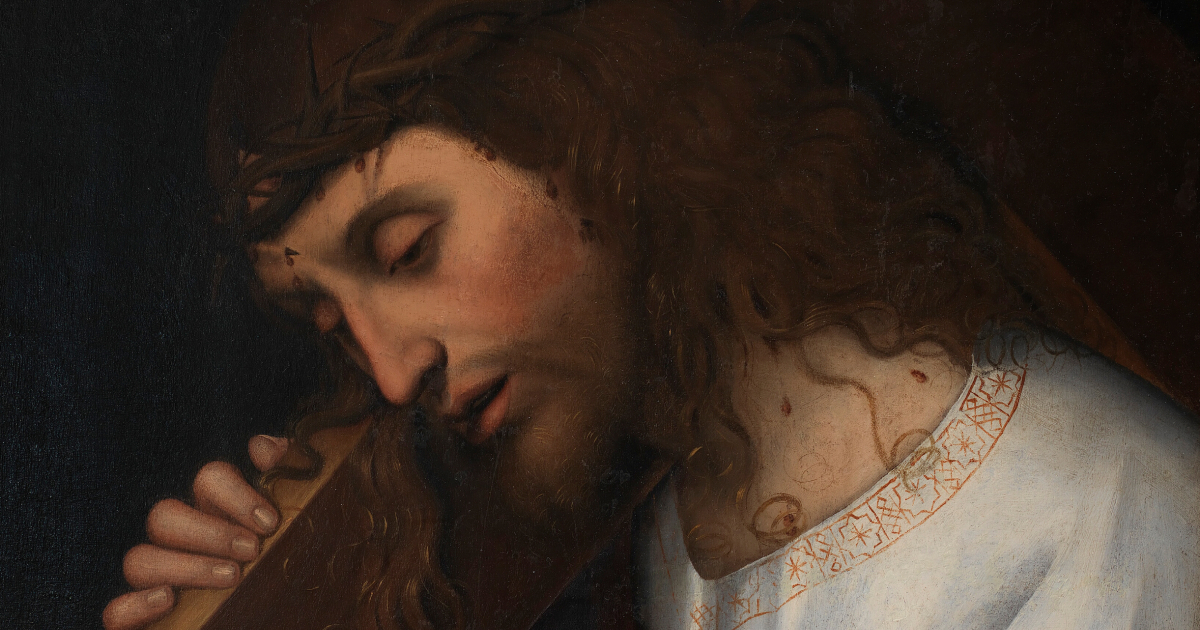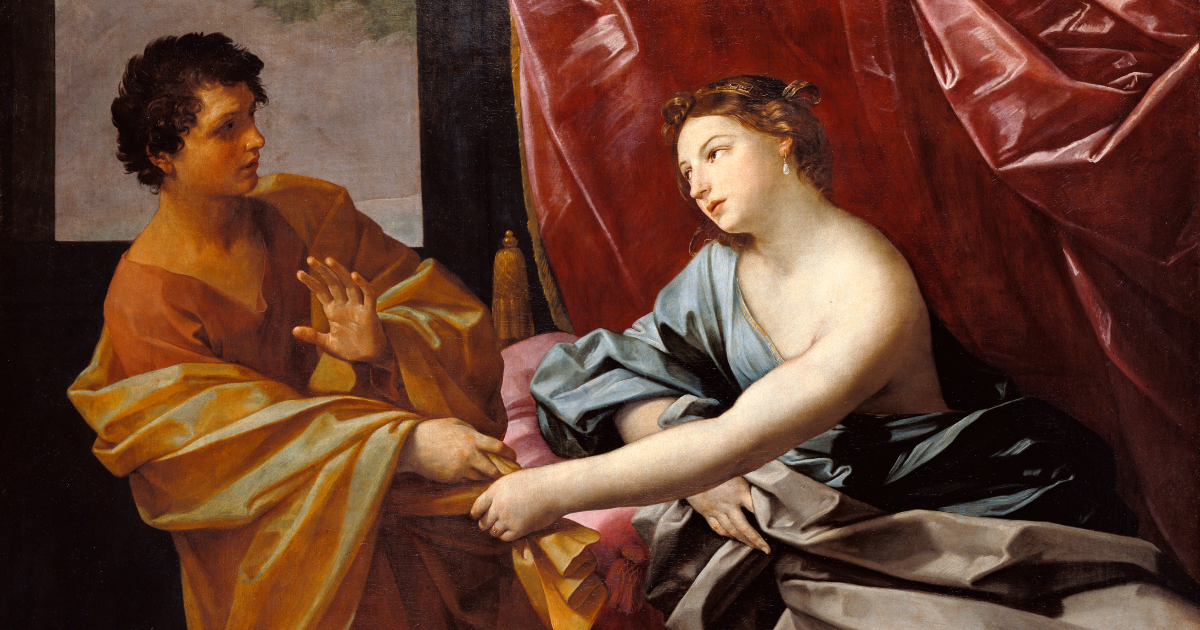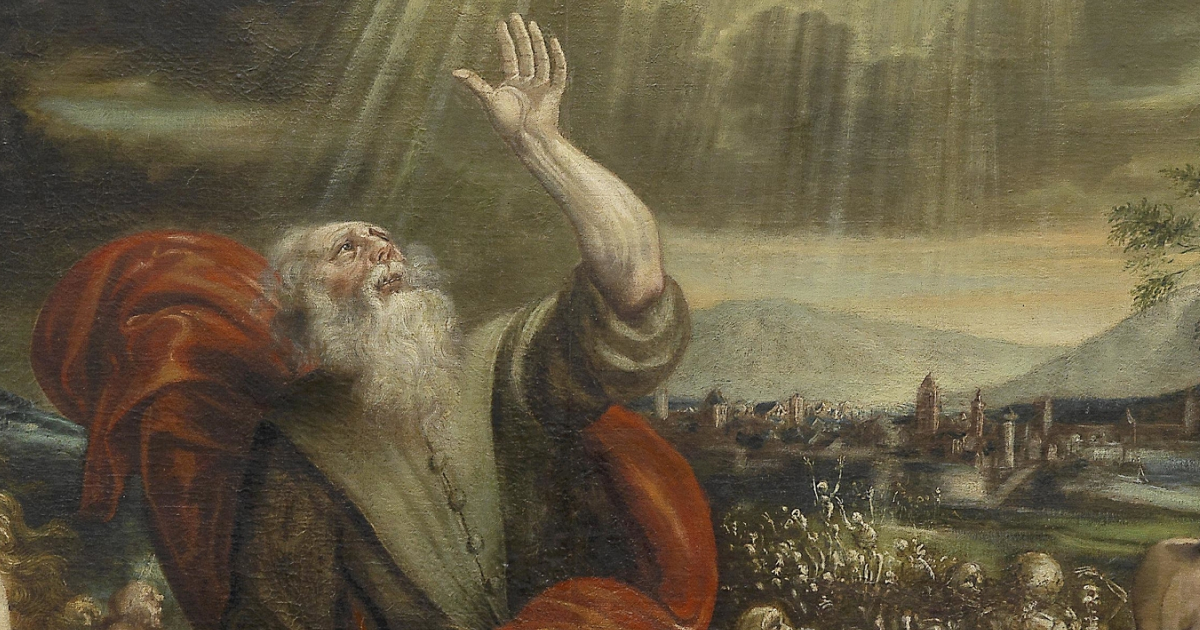William Cash attends the Requiem Mass at Westminster Cathedral for Baron Guthrie of Craigiebank
Under a grey October sky, shortly after 2 p.m. on Wednesday, 15 October, a solitary riderless horse – with its boots reversed in the stirrups – stood close to the steps of Westminster Cathedral. At the same time, an oak coffin, draped in military flags, containing the body of Baron Guthrie of Craigiebank (17 November 1938 – 18 September 2025) was carried up the steps of Westminster Cathedral by a bearer party of soldiers from the Welsh Guards.
A tri-service ceremonial guard, involving Royal Navy, British Army and Royal Air Force personnel, was formed to honour the arrival of his coffin. Guarding the entrance to the cathedral, their pointed cuirasses glinting in the early afternoon sun, were twelve members of The Life Guards of the Household Cavalry.
Having a riderless horse present at a military funeral is a tradition reserved for only the highest senior military figures. Pretorian, the splendid Household Cavalry charger selected to be present at the funeral, stood poignantly as a timeless equestrian symbol of Lord Guthrie’s years of distinguished service.
"A devout Catholic, his legacy of service, leadership and dedication will live on in the regiment of the Welsh Guards, the Armed Forces and the history of this country," said his son David Guthrie in his eulogy.
The Requiem Mass was celebrated by Cardinal Vincent Nichols with the Homily given by Canon Alexander Sherbrooke – a friend of Lord Guthrie – who began and ended his testament to the faith and religious character of his friend by quoting Catholic writer Charles Péguy's famous quote on tragedy: "Life holds only one tragedy, ultimately: not to have been a saint." He talked of Guthrie’s "great humility" as a Catholic.
Guthrie served as Chief of the General Staff from 1994 to 1997 and Chief of the Defence Staff from 1997 until his retirement in 2001. He is widely regarded as one of the most respected senior British generals of the post-war era.
Despite his earning the initials GCB, GCVO, OBE, DL, the order of service for the Requiem Mass made little reference to Guthrie's glittering decorations, or his long military service, whose service included commanding the 1st Battalion Welsh Guards in Northern Ireland, as well as serving in many wars and combat zones including in Northern Ireland, in Bosnia and in Kosovo, followed by his commanding the British Army of the Rhine and later serving as Colonel of The Life Guards, Colonel Commandant of the SAS and Colonel Commandant of the Intelligence Corps.
A Roman Catholic convert, in a candid and lengthy interview with the National Catholic Register, Lord Guthrie explained the lengthy process of his conversion to Catholicism and the involvement and influence of others.
“Well, it didn’t happen like Saul on the road to Damascus,” Lord Guthrie told the Register. “It took quite a long time. My father had become a Catholic when he was 68, and we were always that way inclined. We went to church and all that, and it seemed to me that I would probably end up there … gradually, it got more and more obvious I should be a Catholic.
"I was influenced by various priests I knew, various army chaplains I knew. I was influenced by my wife. But I always think I’d probably have been a Catholic more quickly if I hadn’t been married to her.
“She really is a good Catholic who does an awful lot of things for the Church, but the reason I say that is because I wanted to be absolutely sure that I did want to be a Catholic not just because it was convenient to be a Catholic – you know, with only one car, who’s going to have it on Sunday, that sort of thing,” he added.
“I also was a general in Yorkshire, very near to Ampleforth Abbey, and I had a great friend, who’s still a great friend of mine, who’s a monk there and three or four people who really influenced me.”
When asked what particular aspect of the Faith drew him to convert, Lord Guthrie said that it was the spiritual aspect.
“Obviously, the Church does an awful lot of good, looking after the poor and the sick. But that wasn’t the reason. It was more of the spiritual side which drew me to the Church, and l look upon the work that people do as rather an extra, really.
“You can’t become a Catholic because there are a lot of poor people sleeping outside Westminster Cathedral. You’ve got to have a better reason than that.”
The order of service booklet for his Requiem Mass contained only a fine oil portrait on the front of Guthrie as a Field Marshall with his medals, and on the back an image of him as a young officer. The Mass focused as much on his life as a soldier of Christ as on his time as a military leader and "warrior", while noting how throughout all, he was much beloved by his troops, fellow officers, family and friends.
Such was the demand for places at the Mass that the list for applications closed a week before the service, with invitations having gone out to members of his various regiments, clubs (White’s and Beefsteak) and many other associations and charities (he was involved with over 30).
The spiritual-military dual tone of the service was beautifully balanced in the eloquent and spiritually charged eulogy given by his son David who made it clear from the outset that his father – educated at Harrow, not one of England’s traditional Catholic schools – was a man of deep and unwavering faith.
"He was a huge and happy presence in so many people’s lives and we should celebrate that – the fullest of lives," said David. "I do believe in the Resurrection and I’m sure there will be a heavenly Guard of Honour upon his arrival, with Kate by his side and [that] there will be many friends and Comrades there, who have taken the journey beforehand, happy to see him."
His son had begun the eulogy by explaining the meaning of the tradition of the riderless horse outside the cathedral, and how it symbolises that the deceased warrior who will "never ride again". The reversed boots represent the fallen leader "taking one last look back at his family, friends and the troops he commanded". This military tradition dates back centuries and David said it felt a "fitting way of celebrating with you – his friends, his family and his troops – the life of one of the greatest soldiers of the post war era".
Originally, his father had wanted to join the Royal Navy after reading CS Forester's Hornblower books about the same-named hero's adventures in the Napoleonic wars. "He had the idea that a naval career would satisfy his thirst for adventure and travel. But a visit to a frigate in Portsmouth harbour, where he spent most of the time below the waterline with the chief engineer explaining the mechanics, put paid to any visions of the spirit of Nelson and Trafalgar," explained David.
Then two officers took Charles to lunch at the old Guards Club in Mayfair. "It was a liquid affair and Charles arrived back at Harrow three sheets to the wind, with a ruined suit. He was therefore extremely pleased to receive a letter two days later from the Regimental Lieutenant Colonel saying they would be delighted to accept him as an officer and there began one of my father’s great loves and pillars of his life: his relationship with the Welsh Guards."
Guthrie took command of the Welsh Guards in Berlin in 1977. "It was the happiest period of his life, really," said his son David. He recalled how, once, the brigade commander at the time, a dour lowland Scot, challenged Charles about the amount of time his young officers spent in "nightclubs" in the French Sector. Charles replied, "Only on sports afternoons, Brigadier."
Another organisation he loved, which was singled out in the eulogy, was his association with the Order of Malta of which he was a Knight of Honour and Devotion, invested in 1999. His spiritual service included various visits to Lourdes in France, to care for the sick as a member of the Order’s annual pilgrimage (the Mass's processional hymn by John Hughes began: “Guide me, O thou great Redeemer, pilgrim through this barren land …”).
The service began sharply at 2.05 p.m. with the packed church – the author had not seen it as full for a Requiem Mass since the one for Graham Greene in 1991 – standing as the coffin was carried in procession to the head of the cathedral's Nave. The Mass reflected all aspects of the distinguished, courageous and adventurous life of Lord Guthrie, with his deeply held spiritual life being celebrated as much as his military career that began with the Welsh Guards in 1959.
The most senior royal present was the Duke of Kent, attending in a private capacity. The King was represented by General Sir Roland Walker, the Queen by Lieutenant General Sir James Bucknall, and the Prince of Wales by James Benbow. The Princess Royal was represented by Brigadier Andrew Parker Bowles, who wore a smart dark suit with a red flower (representing the Welsh Guards) in his button hole.
The Duke of Wellington was present, along with the Marquis of Salisbury and many friends and senior colleagues from the House of Lords, as well as many politicians including Michael Portillo. In a nod to his life-long love of tennis – which included membership of the All-England Tennis Club – former British tennis player Debbie Jevans attended. The pall bearers included Vice-Admiral Paul Beattie, General Sir Mark Carleton-Smith and Air Vice-Marshall Mark Phelps.
The Requiem Mass music was sung magnificently by the Choir of Westminster Cathedral, directed by Simon Johnson, Master of Music. The organ was played by Peter Stevens. Before the Mass, the Band of the Welsh Guards, directed by Major Simons, played music that included "The Hymn to Freedom", "A Welsh Hymn" and "I’ll bring daffodils". The offertory motet, sung in Latin, was Missa pro defunctis by the 17th-century Italian composer Giovanni Anerio and the service ended with a sombre and beautiful playing of "The Last Post" and "Reveille", followed by silence.
"Today was not just a funeral. It was the celebration of a life defined by duty, service, and leadership at the very highest level," said the Welsh Guards in a statement after the service.
Photo: Britain's Chief of Defence Staff General Charles Guthrie speaks to UN soldiers from Kenya at Freetown's airport, Sierra Leone, 15 May 2000 (Photo by ISSOUF SANOGO/AFP via Getty Images)





